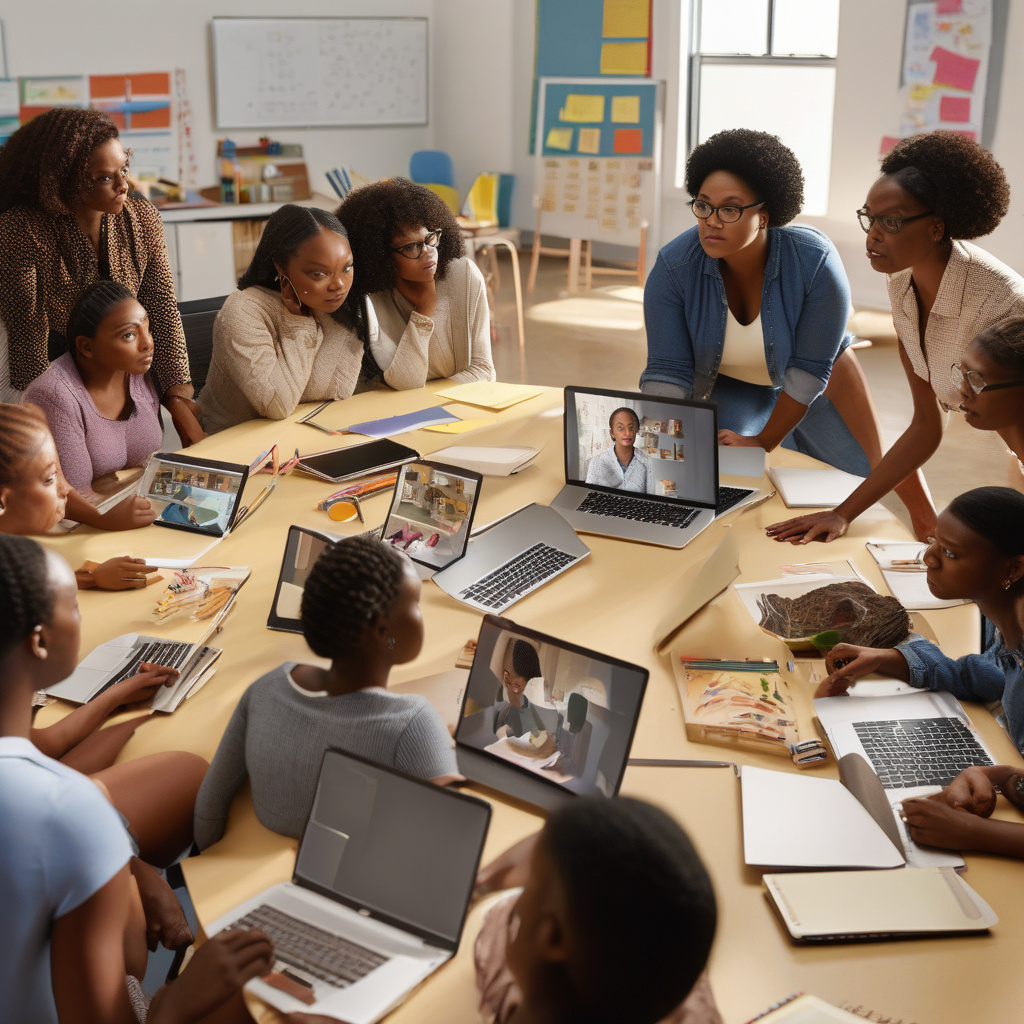Rethinking Assignments: How Educators are Adapting to the Rise of AI in Student Learning
In today’s digital age, Artificial Intelligence (AI) tools like ChatGPT are revolutionizing the landscape of student learning. As AI becomes more widespread in educational settings, educators are finding themselves at a crossroads, reevaluating traditional assignments, in-class assessments, and the very essence of academic integrity.
One of the key areas where AI is making a significant impact is in the realm of assignments. With AI-powered tools like ChatGPT, students now have access to advanced technology that can assist them in generating written content, answering questions, and even providing research insights. This shift has prompted educators to reconsider the types of assignments they give to students. Rather than focusing solely on tasks that can be easily completed with the help of AI, such as basic knowledge recall, educators are placing a greater emphasis on assignments that require critical thinking, creativity, and problem-solving skills – areas where AI still struggles to outperform human intelligence.
Furthermore, the rise of AI in education has also raised questions about the validity and integrity of in-class assessments. With tools like ChatGPT capable of producing high-quality essays and responses, educators are faced with the challenge of ensuring that students’ work is original and authentic. To address this issue, many educational institutions are exploring new methods of assessment, such as project-based assessments, oral exams, and real-time problem-solving tasks that are difficult for AI to replicate. By moving away from traditional written exams, educators can better gauge students’ true understanding and knowledge retention, while also deterring academic dishonesty facilitated by AI.
Moreover, the integration of AI in education has sparked conversations about the ethical use of technology and the importance of upholding academic integrity. Educators are now tasked with not only teaching students how to effectively utilize AI tools for learning but also educating them on the ethical implications of relying too heavily on technology. By fostering a culture of responsible AI use and emphasizing the value of independent thought and original work, educators can help students navigate the complex intersection of AI and education while upholding the principles of academic honesty.
As AI continues to reshape the educational landscape, educators must adapt and evolve their approaches to assignments, assessments, and academic integrity. By embracing innovative teaching methods that leverage the unique capabilities of both humans and AI, educators can create a learning environment that fosters critical thinking, creativity, and ethical use of technology.
In conclusion, the widespread adoption of AI tools like ChatGPT in student learning is prompting educators to rethink traditional practices and explore new ways of fostering academic growth and integrity. By staying proactive and responsive to the ever-changing technological landscape, educators can empower students to thrive in a world where human intelligence and artificial intelligence coexist harmoniously.
education, AI, student learning, academic integrity, technology integration
